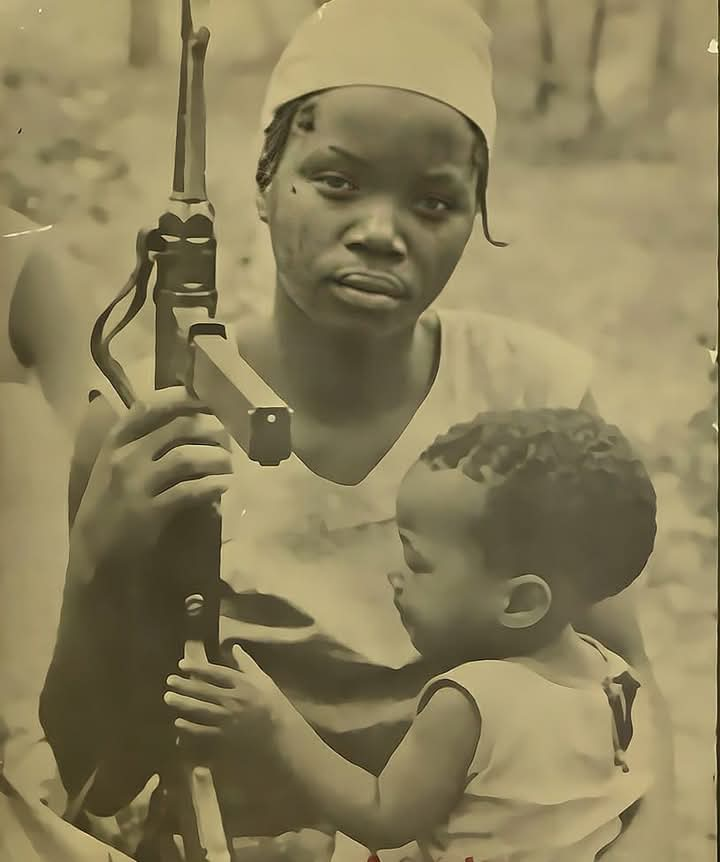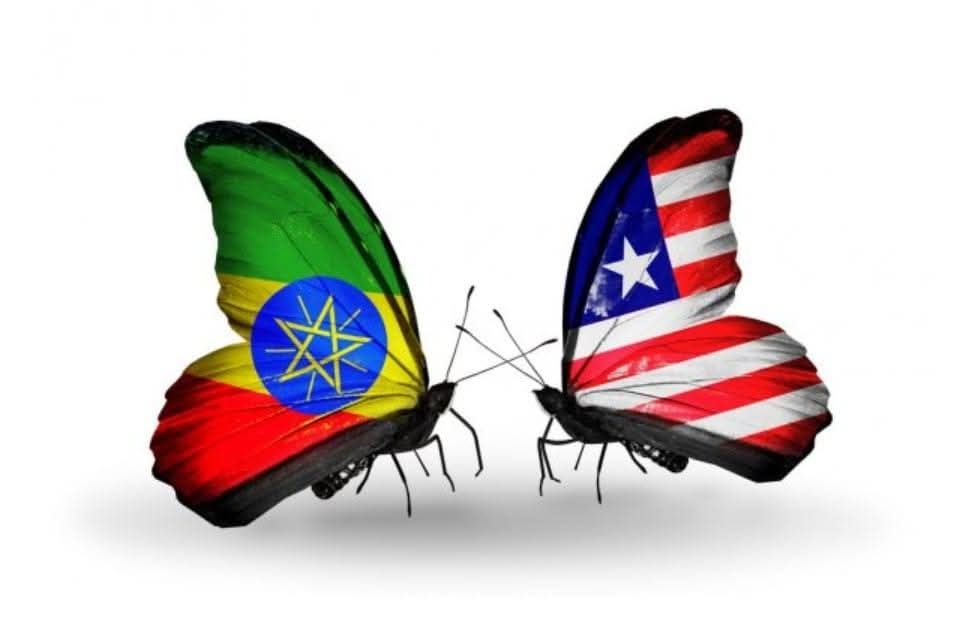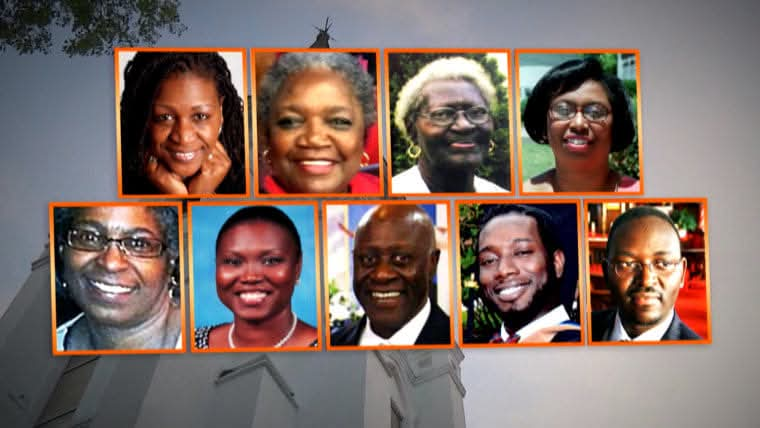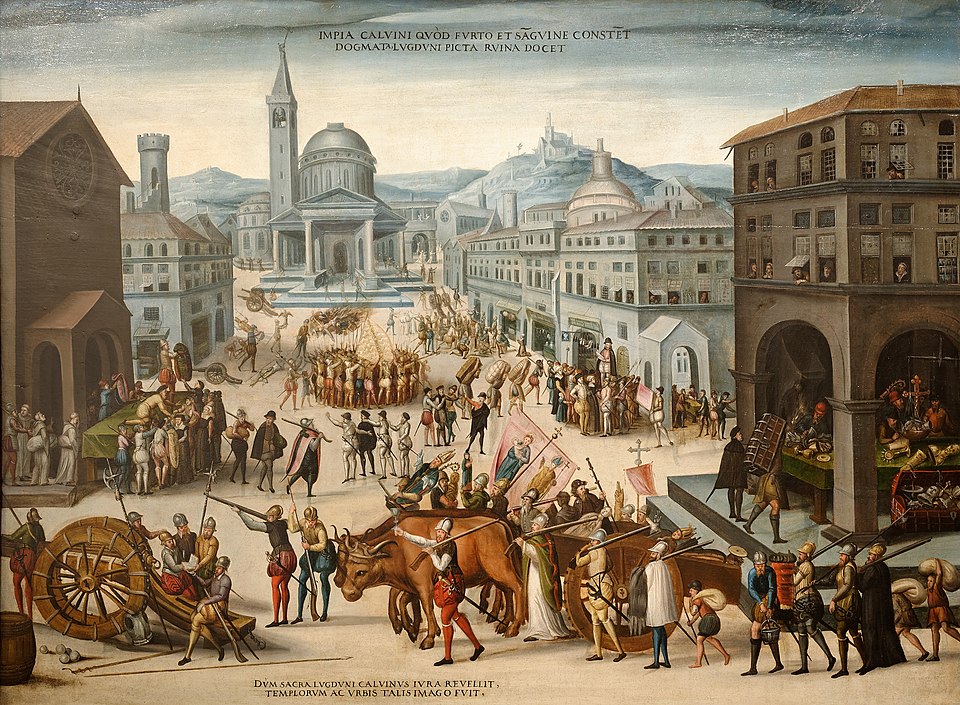PHILA PORTIA NDWANDWE [ZANDI]: The South Africa Fighter That Would Not Betray Her Comrades

Did you know that Zandi was a South African female fighter whose remains were exhumed and given back to her family so she would finally have a proper burial after missing for about 10 years?
Phila Portia Ndwandwe, known as Zandile or Zandi, was born on 6 February 1965. In 1985, 21-year-old Zandi was a Dental Therapy student when she was recruited into the African National Congress, ANC. Zandi was a fighter of the Natal cadre of Umkhonto we Sizwe (MK) formed by Muzi Ngwenya (Thami Zulu or “TZ”) operating from Swaziland. MK was the armed wing (Spear of the Nation) of the ANC, created by Nelson Mandela in 1961.
Zandi was an activist living in Durban who was under surveillance and arrested on terrorism charges before fleeing to exile in Swaziland. Three years later, she was abducted in Swaziland by Durban Security Branch members at the Manzini Arms, a residence.
Zandi was a breastfeeding mother when she was abducted by Apartheid forces in October 1988 and tortured for ten days to convert her into becoming an informer for the South African government. Her abductors were two former MK militants turned informants who requested a meeting with Ndwandwe at the George Hotel in Mazini, Swaziland.
Unaware they had become police informers, she attended the meeting with them. The informants entered Swaziland illegally through false documents which was all part of an elaborate plan by the Port Natal Security Branch to abduct Ndwandwe and turn her into an informant as well. The police monitored their meeting and captured her after the two informers turned her over to them.
This information came to light during the Truth and Reconciliation Commission’s (TRC) Amnesty Hearings, which received seven amnesty applications between 1996 and 1997, from Hendrik Johannes Petrus Botha, Salmon Johannes Gerhardus Du Preez, Johannes Albertus Steyn, Andy Taylor, Roelof Brand Visagie, Jacobus Adriaan Vorster and Lawrence Gerald Wasserman. All members of the Port Natal Security Branch responsible for Ndwandwe’s abduction and murder in Swaziland where she was a commander of the MK unit based there.
Her father, Nason Ndwandwe had feared that she had become an 'askari'-- an accomplice or informer to the apartheid regime when she did not return with Nelson Mandela and the ANC in 1993, so he applied to the TRC for a formal inquiry.
TRC investigator Stephanie Miller found evidence of a police 'hit squad' operating in Durban and brought pressure to bear on the members. By 1997 those whom had applied for amnesty revealed to the commission the story of her abduction and subsequent murder. After her disappearance her family had been told that she had eloped to Tanzania
However, only five members testified at the amnesty hearings which took place during the 9 to the 19 November 1998 due to their direct involvement in her abduction and murder. They testified that after Ndwandwe’s abduction they took her back to South Africa where she was interrogated and left naked for 10 days before she was killed execution style at the Elandskop farm in KwaZulu-Natal, which had been used as security branch safe-house. The members unanimously testified that she had never been tortured and was only struck with a baton on her head before she was shot. This was done as they came to the realization that she would not turn informer.
They prepared a shallow grave for her some 80m from her family’s house in Elandskop, disposed of her clothes and covered her with lime, plastic bags and refuse in order to create the impression her grave was a dumping site should an investigation take place. However, a blue plastic bag was found around the waist of her remains. One of her perpetrators recalled that she had worn it as a panty to maintain her female dignity.
One of her captors also described her refusal as "Brave, very brave." And having no prosecutable evidence against Zandi they decided to kill her and hide the body, covering it with lime and a plastic sheet. 11 former members of the security forces received amnesty and the informers who kidnapped her were not revealed.
Through Ndwandwe’s perpetrators’ testimonies, the TRC was able to successfully exhume her remains and give them back to her family where she would finally have a proper burial after missing for about 10 years. The disclosure of the perpetrators’ unjust acts against Ndwandwe resulted in them receiving amnesty. The two informers were not expected to testify at the TRC nor have their identities exposed as the Commission decided that they were not directly linked to Ndwandwe’s murder. This decision, however, was not welcomed by her family members as they felt that the informers were responsible for her death.
Her funeral was highly publicized as it was broadcast on television and many high profile people such as the then President Nelson Mandela attended the funeral. Ndwandwe was the only female guerrilla whose body was exhumed not only indicating her importance in the armed struggle but she heralded as one of the most important female figures in the history of South Africa.
Her funeral provided an opportunity for her nine-year-old son, Thabang, to meet his grandparents for the first time. He was only two months old at the time of her abduction and his father, Phila’s ex-lover and a former MK militant, Bheki Mabuza, had kept him in his care. Mabuza also shared his views on Ndwandwe and remembers her fondly as a tomboy with a good sense of humour.
In 2003 Ndwandwe received the Order of Mendi for Bravery in Silver for demonstrating bravery and valor and for sacrificing her life for her comrades in the cause for a non-racial, non-sexist and democratic South Africa. Thabang received Ndwandwe’s medal of bravery. There is a road named for her memory near Isipingo Rail and is located at Durban in eThekwini Metropolitan Municipality, KwaZulu-Natal, South Africa. Phila Ndwandwe Road is next to Umlazi and runs from the Isipingo Hills to Malaba Hills.
Art that was dedicated to her homemade plastic panties, a floating blue plastic dress by artist Judith Mason titled "BLUE DRESS" is hanging in the Constitutional Court in the city of Johannesburg. At the hem of the 'BLUE DRESS' were the below written text: "Sister, a plastic bag may not be the whole armor of God, but you were wrestling with flesh and blood, and against powers, against the rulers of darkness, against spiritual wickedness in sordid places."
SOURCES: Wikipedia | SA History
#penglobalhistory #Portia



